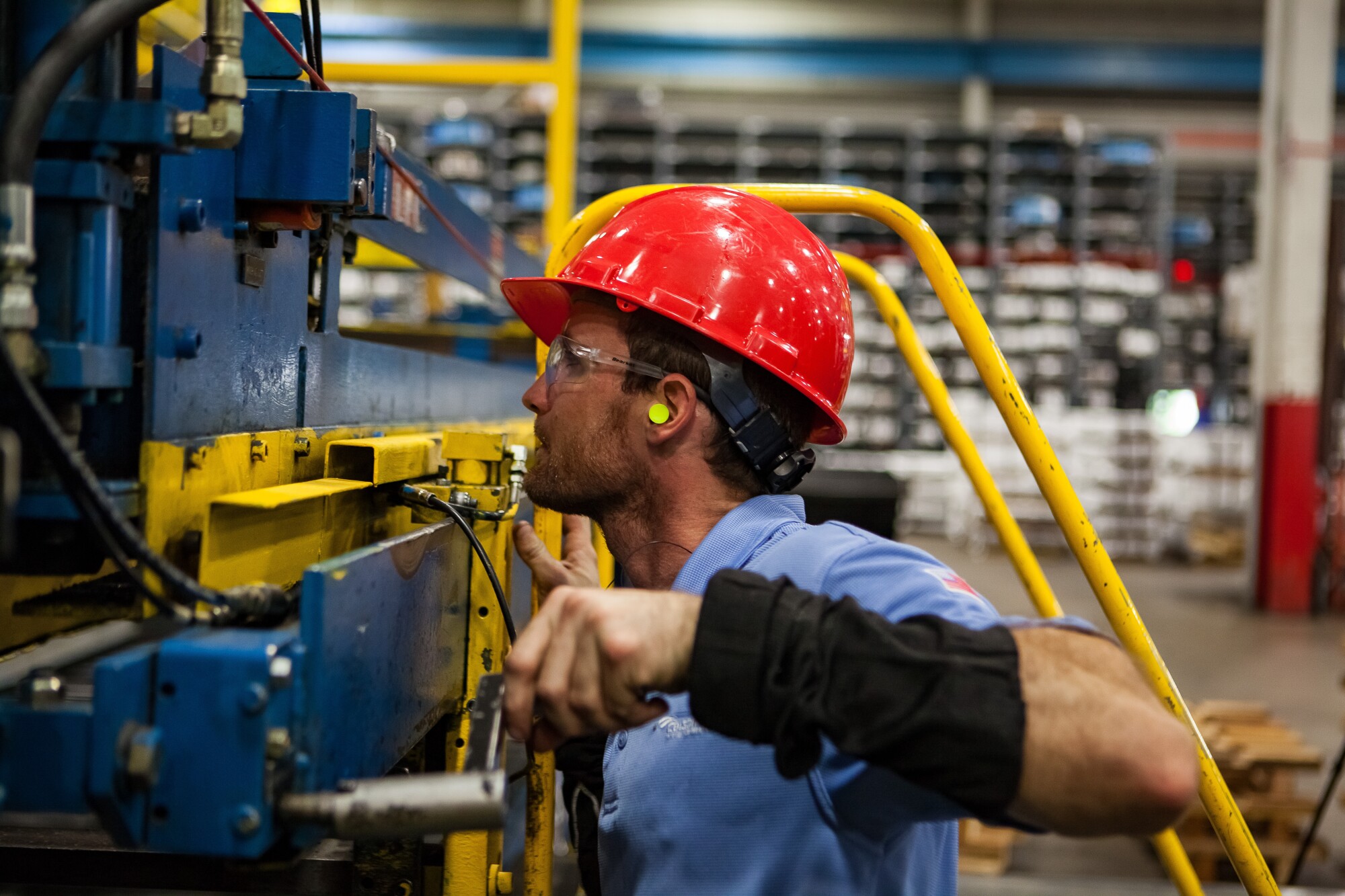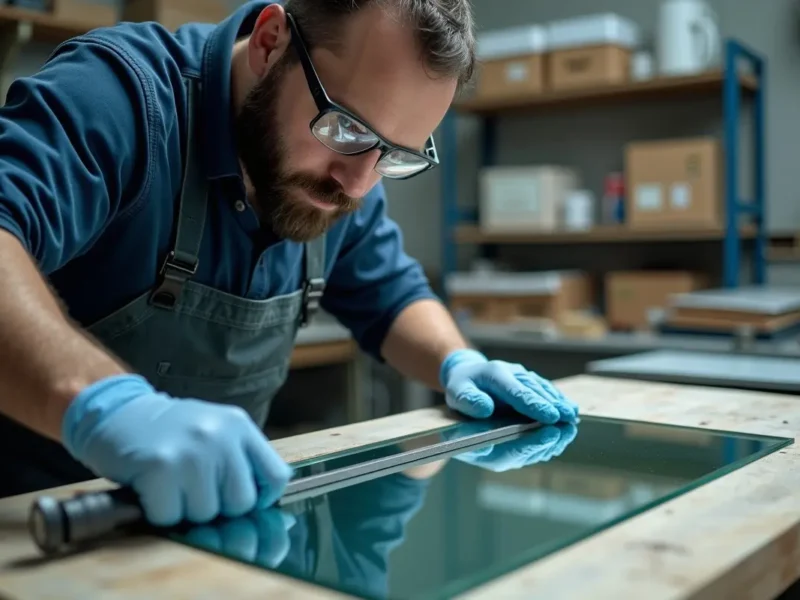Are you considering a career in manufacturing engineering? Though it’s not for everyone, many people work in this field if you’re looking for a solid job with a good income.
There are a few considerations to take before you jump into a career. You should know more about what it is, the job duties, and what kind of person it’s practical for. This guide will give you a thorough picture of your career and the right field.
Let’s get started.
Contents
What is Manufacturing Engineering?
It is a branch of engineering production of components, assemblies, and systems. It’s concerned with design and improvement. It includes an analysis of manufacturing, operations, technical processes, and equipment.
It can encompass a breadth of operations. It processes the optimization of efficient and cost-effective production lines and systems. They use Lean Manufacturing and Six Sigma to improve and refine processes.
Manufacturing engineers work with other disciplines. It includes product design, engineering, quality assurance, and process engineering. It provides solutions that meet customer needs within budgets and timeline constraints.
Education and Training Requirements
Students must have a solid knowledge of mathematics and science. They need a bachelor’s degree in manufacturing engineering. Industrial engineering courses will also gain entry-level employment.
Engineering training requirements vary depending on the organization. They can also have certification or licensure as Professional Engineers (PE). They can also have specific experiences.
They should continue to educate themselves on advancements in their field. It includes emerging technologies and industry best practices. As manufacturing engineering continues to evolve, this will change as well.
Job Responsibilities
A manufacturing engineer handles managing and devising processes. They operate equipment for a product in the most cost-efficient manner. They also maintain product quality.
It includes designing, implementing, and controlling the systems. It leads to efficient and cost-effective manufacturing operations. There are different job responsibilities below:
Research
Research is a critical component of the Manufacturing Engineer’s job responsibilities. They seek the best materials, suppliers, and testing. They find other resource requirements to produce competitive products.
Design
Design is an essential component of any manufacturing engineer’s job. They create, maintain, and improve the processes for making products. It ensures that the end product is of the highest quality.
The Development of Systems
The development of systems ensures the affordability, quality, and reliability of products. They are responsible for developing new and innovative processes, materials, and products. They stay current on relevant technology trends and advancements.
They should have excellent communication and teamwork skills to work with different stakeholders. It ensures the successful implementation of the systems you are developing.
Manufacturing engineers must be able to solve problems and design experiments. It is to help troubleshoot production issues.
They find, analyze, and check various components of the manufacturing process. Finally, seek out any weaknesses or areas of improvement.
Earnings and Benefits
It is an exciting and unique field that offers many career advantages. They earn higher salaries than many of their peers in other engineering disciplines. It is due to the specialized nature of their work.
They may earn more than those working in other industries. Many employers offer generous help packages. It includes health insurance, retirement plans, and a variety of other desirable perks.
Research more to learn more about custom-engineered solutions and the field. Seize this opportunity to pursue a career that provides enough options and growth.
Work Environment
The work environment can vary depending on the size and production facility. The manufacturing facility is where everything from automation to product testing takes place.
The environment would include machines, production lines, and noise. Safety standards are high, and workplaces are bustling with activity. Clear instructions, steps in the production process, and time schedules are essential.
In large companies, engineering teams in this area work together. It is to research and develop new machines, automation, and processes. They need to organize and be able to work in a changing, fast-paced work environment.
Engineering teams are busy and have deadlines to meet. The ability to think and create on your feet and make decisions under pressure is essential. Finally, an engineer in this area can move with the industry as trends evolve.
Different Types
Manufacturing engineering encompasses different types of activities. It can involve other disciplines like economics, operations research, and informatics. All these types are vital for creating and sustaining a successful manufacturing system.
Process Engineering
It focuses on designing and optimizing manufacturing processes. It involves analyzing the existing materials and production methods. It predicts and cuts any environmental impacts and devises ways to increase productivity.
Supply Chain Engineering
It focuses on designing and managing the distribution of materials and goods. This engineer looks at the delivery of items from suppliers to customers.
Product Design Engineering
It focuses on the shape and act of a manufactured product. It’s concerned with how to make a product look, feel, and act. You can consider the various forces and constraints of the manufacturing setting.
Quality and Reliability Engineering
It is an integral part of manufacturing engineering. It involves analyzing design failure rates and creating quality control processes.
The Future of Manufacturing Engineering
Manufacturing engineering is a growing field. It provides excellent career opportunities for those with the desired skills and experience. It is an exciting, fast-paced, and diverse area with many entry points.
As a manufacturing engineer, you can help shape the future of industries. You can develop and carry out new processes and improve the world. Take the first step. Explore what career opportunities are available near you!
If you’d like to learn more, please check out the rest of our site.



